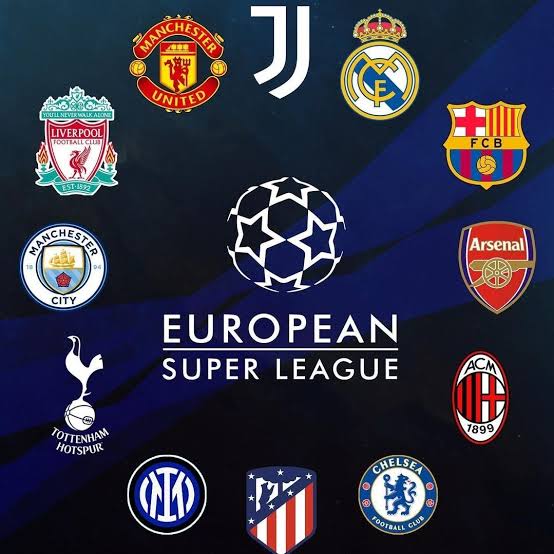European Super League may yet arise from the ashes of condemnation, following a positive ruling in its favour by a commercial court in Spain.
In a significant ruling, a Spanish court has declared that UEFA and FIFA acted improperly in banning clubs from joining the breakaway European Super League (ESL). Madrid’s commercial court determined that the European and world football governing bodies were engaging in anti-competitive behavior and abusing their dominant position in the sport.
This decision aligns with a similar ruling made by the European Court of Justice in December. The case was initiated by A22 Sports Management, the company behind the ESL, against UEFA, FIFA, Spain’s La Liga, and the Spanish football federation (RFEF).
Despite the court’s ruling, UEFA has emphasized that it does not endorse the ESL or any similar proposals. UEFA stated that the ruling “has not given the green light to, nor has it approved, projects like the Super League.” La Liga echoed this sentiment, noting that the court “did not endorse” the project.
Bernd Reichart, CEO of A22, viewed the ruling differently, claiming it marked “the end of the monopoly” and was “an important step towards a truly competitive and sustainable club football landscape in Europe.” He also criticized UEFA for stifling innovation, asserting that clubs “should not have to fear threats of sanctions simply for having ideas and conversations.”
The ESL saga began in April 2021 when 12 major European clubs, including English teams Arsenal, Chelsea, Liverpool, Manchester City, Manchester United, and Tottenham, announced their intention to join the breakaway competition. The proposal faced widespread backlash from fans, other European leagues, and even governments, leading to its collapse within 72 hours.
Following the failed proposal, the six Premier League clubs, along with Atletico Madrid, Inter Milan, and AC Milan, were fined by UEFA. However, actions against Real Madrid, Barcelona, and Juventus were paused during the legal proceedings. Juventus signaled their intention to exit the project in July.
Analysis: Big Changes on the Horizon for Football
According to BBC chief football news reporter Simon Stone, the ruling underscores the ongoing divide between proponents and opponents of the ESL. The European Court of Justice’s decision at the end of last year set the stage for competing tournaments to UEFA’s.
A22 remains optimistic about rallying support for a “rebel” tournament, though no concrete plans have been announced. Meanwhile, the European Clubs’ Association is gaining influence under the leadership of Paris St-Germain chair Nasser Al-Khelaifi and chief executive Charlie Marshall.
Additionally, FIFA has distanced itself from legal disputes over domestic matches being played in overseas territories, a concept La Liga is eager to explore.
The latest court decision has sparked another round of statements from both sides, indicating that significant changes in the football landscape may be imminent.
BBC



